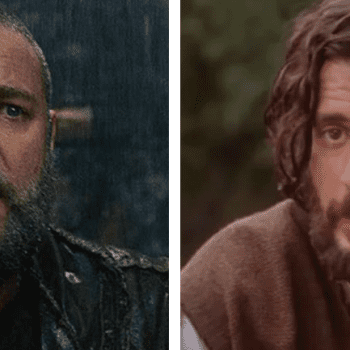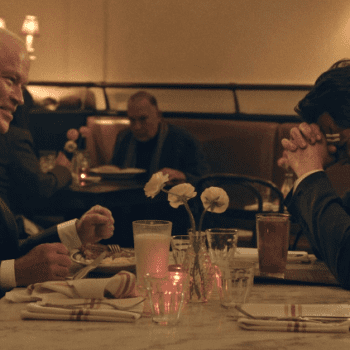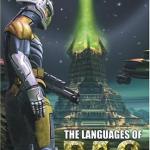I grew up reading the works of C.S. Lewis, including The Chronicles of Narnia, and I grew up reading the Famous Five and Secret Seven stories and others written by Enid Blyton, too — but I never thought to connect the two authors, until today.
Today, I read two early reviews of the upcoming Narnia movie, both of which refer to Blyton or her works, but in rather different ways. First, there is The Guardian‘s Peter Bradshaw:
There will be many adults like me, who after loving the book as children went through a long post-adolescent phase of hysterically repudiating it after the Christian-humanist parable was explained. For me, it is a phase that this movie has definitively brought to an end. Adamson brings out the story’s romantic gallantry and its wonderfully generous approach to childhood. For all the rhapsodic seriousness, and Blakean associations of England with Christianity, the film has a lightness of touch.
Simply by having human beings as characters, The Lion, the Witch and the Wardrobe is different from Tolkien and his heavy-footed myth – though, naturally, there is a connection, and Adamson sensibly builds on Peter Jackson’s technical achievements in staging and narrative. What the director has done is bring it closer to the playful gravity of Lewis Carroll, and also the insouciant escapades of the young quartet in Enid Blyton’s Adventure series.
Then, there is the New Zealand Herald‘s Russell Baillie:
There are moments in this much-anticipated spirited and engaging fantasy flick of strong local ties, when you know that C. S. Lewis has stepped aside for the guy who brought Shrek to the big screen.
One such moment involves a very well-spoken horse named Phillip. The eloquent equine delivers the sort of one-liner you won’t find much in Lewis’ beloved quaintly English books.
And in that quip and many other it shows that New Zealand animator-turned-director Andrew Adamson and team realised that, beloved book or not, the material required leavening.
Otherwise, even with all those special effects, bringing Narnia and its talking creatures to life would have played as archaic as a Famous Five adventure.
Got that? According to one critic, the Narnia movie improves on Lewis’s book by bringing it closer in spirit to the works of Blyton; and according to the other, the Narnia movie improves on Lewis’s book by distancing it in spirit from the works of Blyton.
FWIW, my own review will be up later this week, after I have had a chance to see the film a second time. ‘Til then, mum’s the word.












